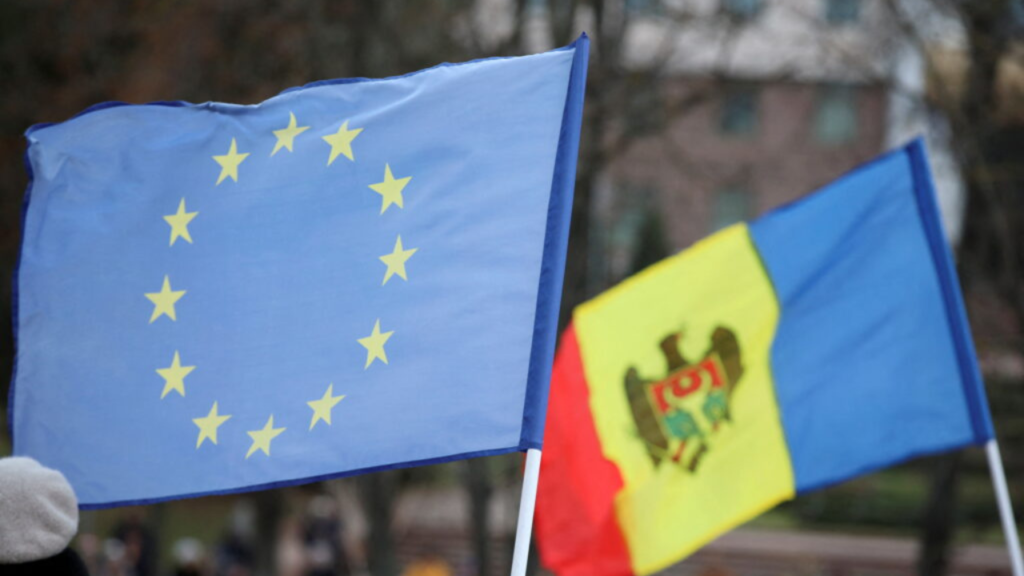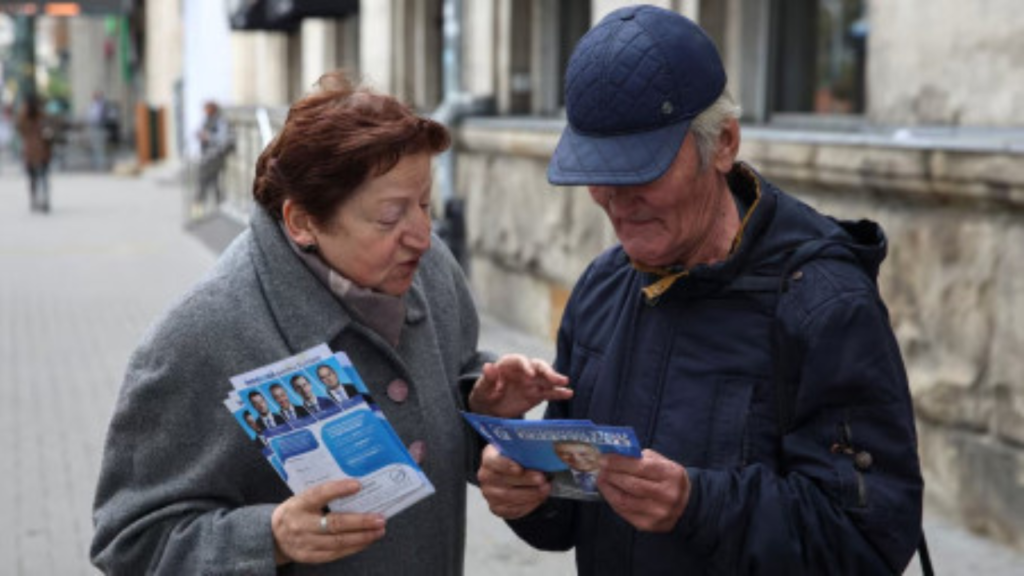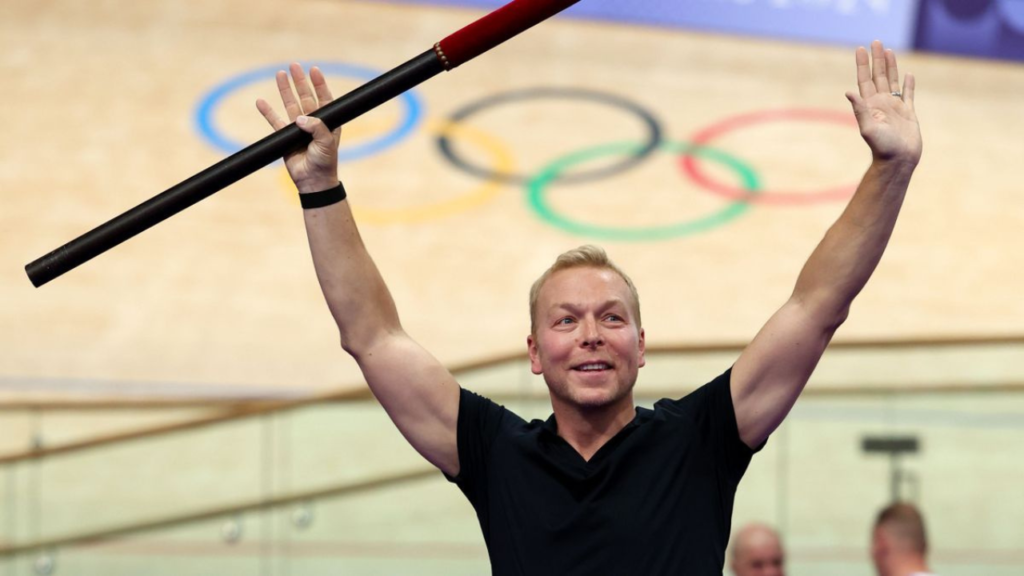
Russian Cash-for-Votes Influence Grows in Moldova Ahead of Elections. In recent months, the sniffer dogs at Chisinau Airport have been on high alert, particularly Ami, a black retriever trained to detect cash that could indicate foreign interference in Moldovan politics. With heightened scrutiny, customs officers have noticed a troubling trend: passengers arriving on connecting flights from Moscow often bring back substantial amounts of cash—sometimes thousands of euros—despite having little travel history.
In May, Ami was particularly busy as customs officials began uncovering significant sums from travelers, many of whom had never traveled outside Moldova before. “Almost everyone had money: 2,000, 3,000, 7,000 euros,” recalls Ruslan Alexandrov, the airport’s customs chief.
While carrying large amounts of cash isn’t illegal, the frequency and patterns of these transactions raised red flags, especially linked to specific flight routes like Moscow-Istanbul-Chisinau and Moscow-Yerevan-Chisinau. Alexandrov notes, “Normally people don’t come in with that much money. Not from Moscow.” This growing trend has intensified concerns about potential Russian influence in Moldova’s political landscape.
Heightened Security at Chisinau Airport as Moldova Votes in Key Elections and EU Referendum
Police and prosecutors have been seizing large amounts of cash, with one day alone seeing $1.5 million taken, and no one has requested their money back. Authorities suspect these cash mules are linked to a scheme by fugitive Moldovan oligarch Ilan Shor, who is living in Russia after being convicted of fraud.
As Moldova prepares for key elections, Chisinau Airport is heightened in security, with sniffer dogs inspecting flights from high-risk routes and many passengers undergoing extra checks. President Maia Sandu is running for re-election on a pro-EU platform, facing 10 challengers, some of whom support closer ties with Moscow.
Voters in Moldova will also decide in a referendum whether to include the country’s goal of joining the EU in its constitution. Membership talks have started, but Moldova has struggled with its political direction since gaining independence from the Soviet Union.

This East-West conflict has intensified since Russia’s invasion of Ukraine, prompting President Sandu to align more closely with the West and label Russia as a significant security threat. While the Kremlin denies involvement in Moldovan politics, local officials accuse Russia of using proxies to create instability.
Moldova’s chief anti-corruption prosecutor, Veronica Dragalin, highlighted a bold attempt to corrupt the upcoming election, linking it to Ilan Shor and his associates in Russia. After spending many years in the US, she returned to Moldova to expose a pyramid scheme aimed at influencing voters.
She noted that evidence from wiretaps and infiltrators shows foreign money being sent to sway the election, with the ultimate goal of defeating the referendum. When cash couriers were caught, payments shifted to a sanctioned Russian bank, with around 130,000 voters—about 10% of the electorate—receiving funds. In September alone, $15 million was transferred, and although accepting money for votes is a crime, the poverty in Moldova makes many people susceptible to such offers.
Russian Cash-for-Votes Influence Grows in Moldova Ahead of Elections: Shor’s Shadow Looms as Voters Face Critical Choices
Moldovan investigators struggle to trace the funds flowing into PSB bank, unsure if they come from Russian state money, private investors, or cash stolen by Ilan Shor. Shor, who openly promotes his agenda on TikTok, has called for a firm rejection of the EU and encourages followers to support candidates he backs, promising financial incentives like monthly payments to pensioners.
Fleeing Moldova in 2019 after being convicted of money laundering, Shor’s party was banned, and he faces Western sanctions for promoting Russian interests. Despite media blocks on his messaging, his anti-EU and pro-Moscow rhetoric still resonates with some, especially in light of the cash offered.
Ilya Uzun, the deputy governor of Gagauzia, admires strong leaders like Vladimir Putin and Donald Trump, viewing them as prioritizing their countries. His support for Russia remains unchanged despite the war in Ukraine, and he opposes the EU mainly due to its stance on LGBT rights, recently placing him under sanctions.
Many in Gagauzia, influenced by pro-Russian views, express intentions to vote “no” in the EU referendum to prevent LGBT parades. Ilan Shor, seen as a political leader in the region, invests in local infrastructure and pensions, earning trust despite his criminal conviction. While providing social spending isn’t illegal, channeling his funds to political parties is, leading to charges against the regional governor.
Meanwhile, Maia Sandu campaigns for EU integration, urging voters to reject “dirty money” and support her vision for peace. As she faces opposition, the referendum she initiated could complicate her political future.
Table of Contents
Read More : Trending News Watch : Liam Payne Dies at 31





